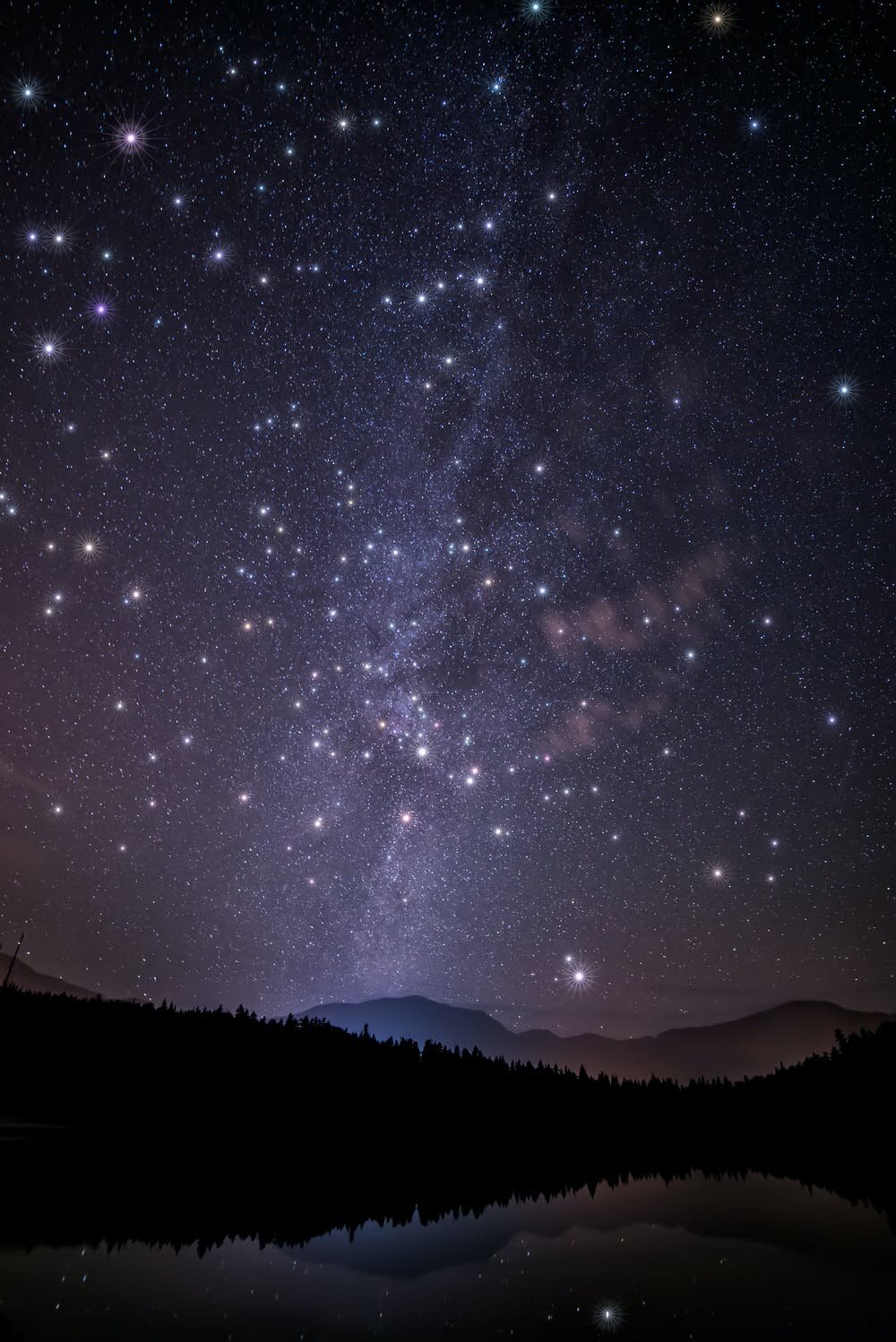
Chapter Fifteen
Contemplating the Numbers
The world population is the total number of humans currently living, and has reached close to 7.9 billion people as of April 2021. If you want to get a sense of the numbers of births and deaths globally as they are happening (to actually see the numbers in real time), go to this website: https://www.worldometers.info/world-population/. When you watch the number of births versus deaths as they tick by on the Worldometers website, you will notice that the speed of births outpaces the speed of deaths, even as the pandemic is still causing excessive deaths. The overall growth rate of population is decreasing, but because of the existing number of people already on the planet, figures taken from recent United Nations projections estimate that number will likely rise to 9.7 billion by 2050, and could peak at nearly 11 billion by 2100.⁶⁰
There is an extremely wide range of opinions about the carrying capacity of the Earth. Some say we have long surpassed the Earth’s capacity, especially in light of the damage we have already inflicted (and continue to inflict) on our ecosystems. “An average middle-class American consumes 3.3 times the subsistence level of food and almost 250 times the subsistence level of clean water,” according to Professors Stephen Dovers and Colin Butler. “So if everyone on Earth lived like a middle-class American, then the planet might have a carrying capacity of around 2 billion. However, if people only consumed what they actually needed, then the Earth could potentially support a much higher figure.”⁶¹ We are currently approaching 8 billion people.
With a growing population, more and more people are forced to live in dense urban areas, creating its own set of problems. When we consider the huge disparity of wealth both among and within nations, the number of people living in extreme poverty worldwide, and the looming ecological collapse that we are facing, it makes sense to me that efforts to encourage a more rapid reduction in population than is naturally predicted would be helpful in addressing all of these problems.
As I quoted previously from Jonathan Austen’s book, “If today’s generation chose to have just one child, total world population by 2100 would decline to below 3.5 billion—cutting our consumption in half.”⁶² Putting the brakes on population growth is by no means the only thing that needs to happen to help us successfully navigate our current crises, but it could be the simplest and most effective thing we could do right now to make an investment in our future. The choices we make now will create our tomorrow.


